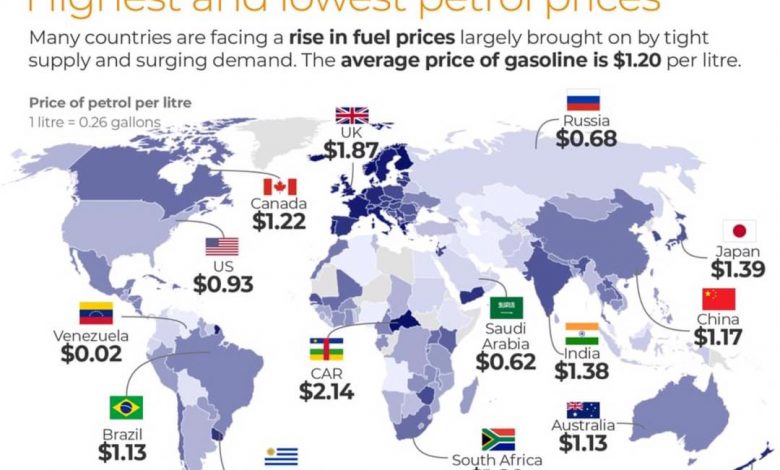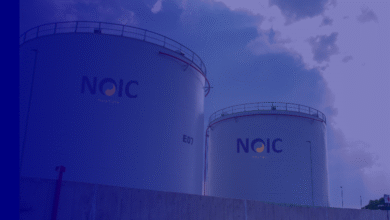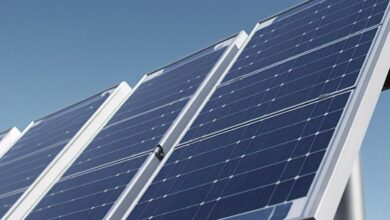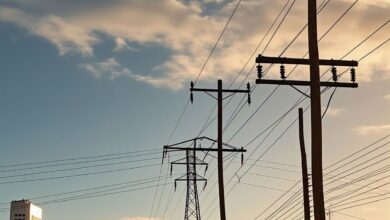FUEL PRICE HIKE: WHY THE GOVERNMENT WILL NOT INTRODUCE SUBSIDIES

By Staff Reporter
Everyone has an opinion concerning the fuel price situation. I imagine it’s only natural given that it is the first time that price of the commodity has gone up twice within a 3 day period.
I have been listening to conversations around me and in typical Zimbo fashion, everyone is suddenly an expert on energy, with some even giving suggestions on how the government should intervene.
Among the discussions a lot of ignorance is also spewed out, which not only creates a false image, but sensationalises things without having a proper look at facts on the ground.
Social media was as usual, full of opinions, most of them very emotional. One that caught my eye however, was a prominent opposition politician saying the government was using the war in Ukraine as an opportunity to “line” their pockets.
The fuel situation however, is more complex than that, the Russian-Ukrainian war is so intense that we, in Southern Africa are feeling the heat.
The sanctions imposed on Russia by the United States and NATO prevent Russia from exporting crude oil, which has created a shortage of the commodity globally, resulting in huge price increases.
Globally, the new average price for Petrol is $1.20 per litre rising from at least $0,96 cents just a few weeks before. The country with the most expensive fuel is now Japan at $2.56 per liter, while most of Europe is now buying the commodity for around $1.80.
A litre of petrol and diesel in Zimbabwe has risen to $1.68 and $1.67 respectively and though it is a stretch to our pockets, it is not as outrageous as the critics want to portray it as.
The most reasonable and noble suggestion given on social media however, was that government should subsidize the price of fuel to make it easy for the ordinary man.
Sounds good, especially at a time that salaries are barely enough to cover necessities.
Except…it’s not really practical in the Zimbabwean context.
If the government were to come in and subsidize, there will be a temporary relief, but chaos would erupt soon after.
Zimbabwe is healing from a legacy of corruption, and the second republic is cleaning up loopholes that were created, some which still exist today.
In previous years, the fuel subsidy was heavily abused, with some haulage trucks choosing to refuel in Zimbabwe, where fuel was subsidized, only to convert that fuel for black market sales.
The government also cannot subsidize fuel because treasury has a lot on its plate currently. With government wages recently increased, construction projects, a census and elections around the corner, allocating funds to subsidies is an impossible task.
We also need to remember that the fuel increases are not an isolated Zimbabwean problem, like COVID-19, this is a global problem and sometimes local solutions are not equipped to deal with the gravity of such challenges.
The Deputy Minister of Finance and Economic Development Clemence Chiduwa made the government’s position clear, that there was no prospect of subsidies.
It is time that we remained focused on growing the economy, without attending to every whimper that happens.
In the past 3 years treasury has had to pump money into Cyclone Idai relief and COVID-19 prevention and effects. Further burdening the government with fuel subsidies is a move that will likely create a ripple effect, hampering economic growth.





